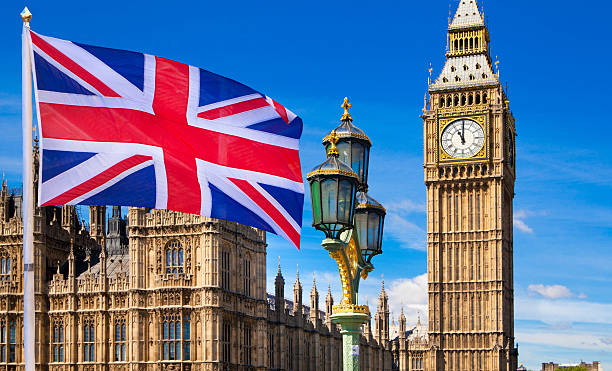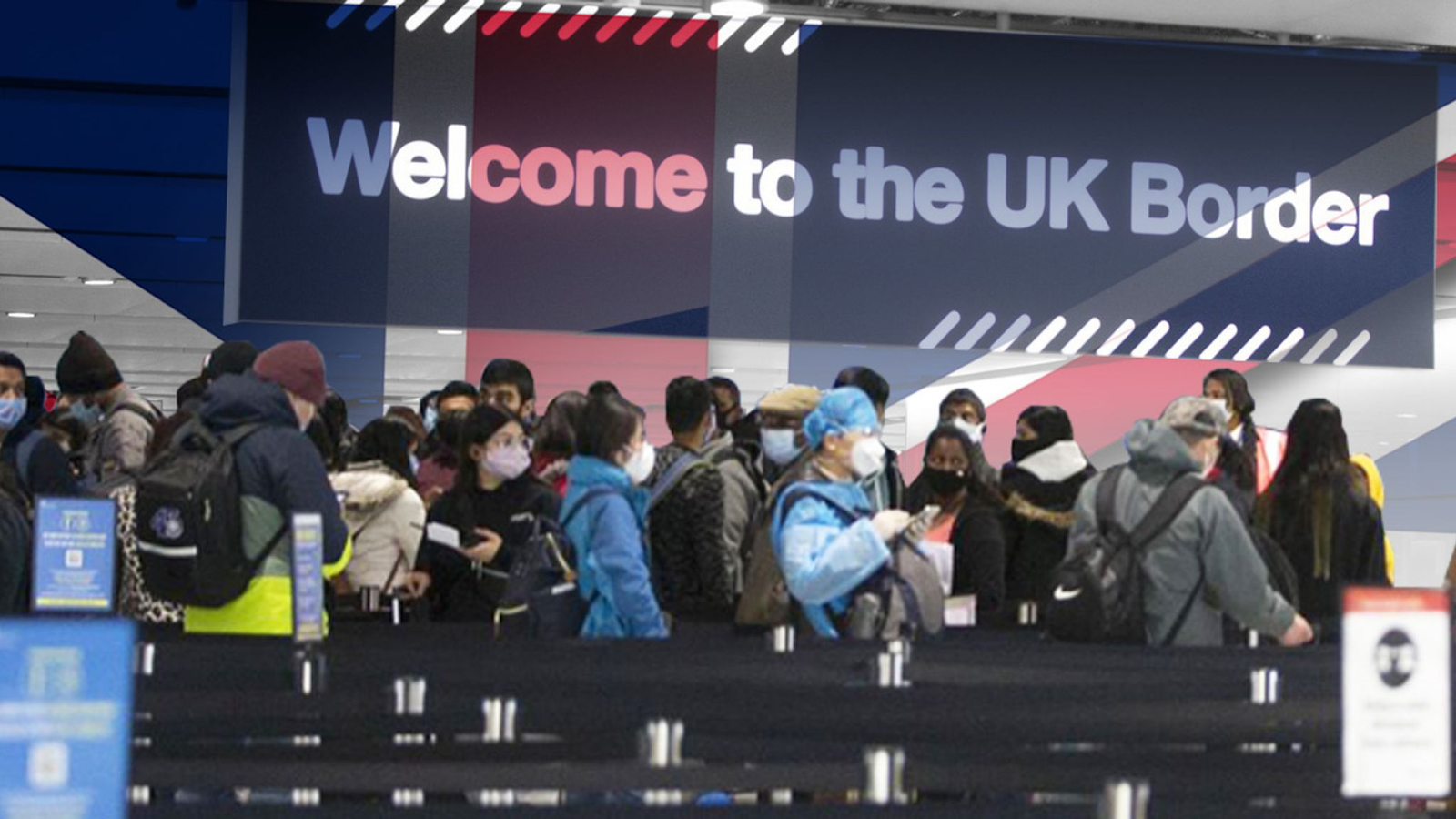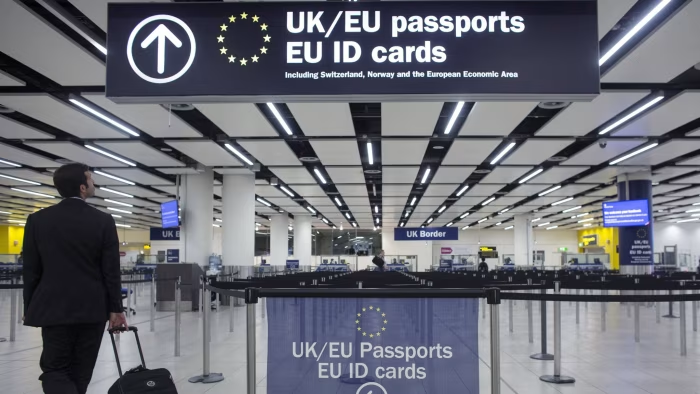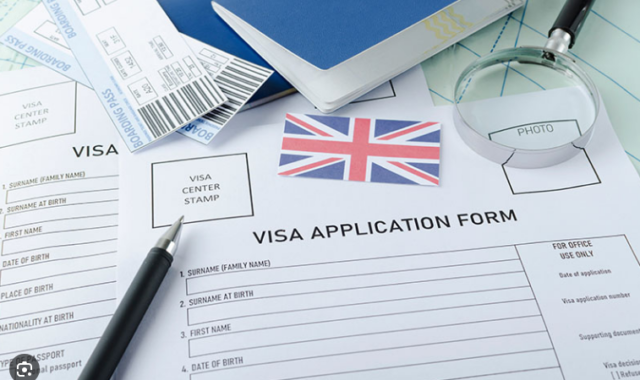The United Kingdom’s immigration system has undergone significant changes in recent years, particularly after Brexit. With the end of free movement between the UK and EU countries, the introduction of a points-based immigration system, and ongoing policy adjustments, navigating the UK’s immigration landscape has become more complex. These changes impact various visa categories, including work, student, family reunification, and asylum processes.
This article explores the latest immigration policies and updates, highlighting key reforms, the evolving application procedures, and the implications for both EU and non-EU nationals looking to move to the UK.
Why Has the UK’s Immigration System Changed?
Ready to apply for your UK Visa?
Click the button below to start your simple and secure visa application process.
🇬🇧 APPLY UK ETA VISA HEREThe main driver of the UK’s immigration changes is, undoubtedly, Brexit. As a member of the European Union (EU), the UK had to adhere to EU laws, regulations, and agreements regarding migration. However, with Brexit came an end to free movement between the UK and EU countries. This means that EU nationals are no longer able to move freely within the UK for work or study purposes without a visa.
Additionally, the UK government has also sought to reduce overall net migration numbers in recent years through stricter policies and controls. This includes limiting non-EU skilled workers and students coming into the country.
Recent Changes to UK Immigration Policies
The United Kingdom’s immigration policies have undergone significant changes in recent years, particularly following Brexit.
The end of free movement between the UK and EU countries has led to the introduction of a points-based immigration system, impacting various visa categories, including work, study, family reunification, and asylum processes. This article explores the latest immigration policies and updates, highlighting key reforms, evolving application procedures, and their implications for both EU and non-EU nationals seeking to move to the UK.
Introduction of the Points-Based Immigration System
In January 2021, the UK implemented a points-based immigration system, ending the free movement of people between the UK and EU countries. This system requires applicants to accumulate points based on specific criteria, including having a job offer from a licensed sponsor, meeting English language proficiency standards, and satisfying financial requirements. The Skilled Worker Visa, a key component of this system, mandates applicants to score a minimum of 70 points to qualify.
Work Visas: Key Updates
- Skilled Worker Visa: This visa replaced the Tier 2 (General) work visa and is designed for individuals with a job offer in a skilled occupation. Applicants must meet specific skill and English language proficiency requirements and secure a job offer from a UK employer approved by the Home Office. The minimum salary threshold for this visa is set at £25,600, though lower thresholds apply for certain occupations and applicants under 26.
- Global Talent Visa: Introduced to attract highly skilled individuals in fields such as science, engineering, humanities, medicine, digital technology, and the arts, this visa allows recipients to work in the UK without a job offer. Applicants must be endorsed by a recognized UK body, demonstrating exceptional talent or promise in their respective fields.
- Temporary Worker Visas: The UK has introduced temporary worker visas to address labor shortages in specific sectors. These visas are designed for short-term employment and are subject to specific conditions, including a maximum duration of stay and restrictions on switching employers.
Student Visa Policies: Latest Developments
Post-Brexit, EU nationals are now subject to the same visa requirements as non-EU nationals. The Student Visa requires applicants to demonstrate sufficient financial resources to cover tuition fees and living expenses. Additionally, the Graduate Visa, introduced in July 2021, allows international students to remain in the UK for two years after completing an eligible course to work or look for work at any skill level.
Family Reunification Policies
The UK has increased the minimum income requirement for family visas to £29,000, effective from April 2024. This change aims to ensure that individuals sponsoring family members can financially support them without recourse to public funds. Plans to further increase the threshold to £38,700 are currently on hold pending a review by the Migration Advisory Committee.
Immigration Health Surcharge and Fees
The Immigration Health Surcharge (IHS) has been increased to £624 per year for most applicants, contributing to the funding of the National Health Service (NHS). This surcharge applies to work, study, and family visas and is payable at the time of application.
Refugees and Asylum Seekers: Policy Shifts
The UK has introduced new rules that deny citizenship to refugees who arrive via small boats, aiming to deter illegal entry. This policy has faced criticism from various groups, including union leaders and faith organizations, who argue that it could lead to the marginalization of refugees and undermine integration efforts.
UK Visa Application Process: New Updates
The UK has streamlined the visa application process by introducing digital applications and biometric data collection. Applicants can now submit applications online and attend appointments at Visa Application Centers (VACs) for biometric data collection. Processing times vary depending on the visa type and individual circumstances, with work and student visas typically taking 8-12 weeks.
Post-Brexit Immigration for EU Nationals
EU nationals now face the same visa requirements as non-EU nationals, including the need to apply for a visa before traveling to the UK. The EU Settlement Scheme, which allowed EU citizens and their families to apply for settled or pre-settled status, closed to new applicants on 30 June 2021. Those who missed the deadline may still apply if they have reasonable grounds for doing so.
Impact of COVID-19 on UK Immigration Policies
The COVID-19 pandemic has led to temporary visa extensions and changes in travel restrictions. The UK government introduced measures to support key workers, including healthcare professionals, by providing temporary visa extensions and fast-tracking applications. Travel restrictions and health requirements for incoming travelers have been adjusted in response to the evolving situation.
These are just some of the key updates and changes in UK immigration policies post-Brexit. As the situation continues to evolve, it is important for individuals planning to move to the UK to stay updated on any new developments and requirements. The points-based system has significantly altered the immigration landscape, affecting both EU and non-EU nationals.
Future Prospects and Expected Changes
The UK’s immigration policies are likely to continue evolving, with potential changes in response to economic and political factors. The impact of Brexit on the labor market and the economy as a whole may lead to adjustments in visa categories and requirements. Additionally, the ongoing COVID-19 pandemic may result in further changes to travel restrictions and processing times for visa applications.
Furthermore, there has been ongoing debate around the ethical considerations of the points-based immigration system, with concerns raised about its potential impact on low-skilled workers and industries that heavily rely on foreign labor. As such, it is important for individuals considering moving to the UK under this system to stay informed about any updates or changes that may affect their eligibility.
How Brexit has Impacted UK Immigration
The decision to leave the European Union has had a significant impact on UK immigration policies. While it has resulted in stricter requirements for EU nationals, it has also opened up opportunities for non-EU nationals. The introduction of the points-based system aims to prioritize highly skilled and qualified individuals, while also addressing labor shortages in certain sectors.
However, Brexit has also brought uncertainty and challenges for businesses that rely on EU workers, as well as for EU citizens living and working in the UK. The closure of the EU Settlement Scheme further adds to this uncertainty, with many individuals scrambling to meet the deadline or facing barriers in applying.
FAQs
Can I apply for a UK work visa if I’m outside the EU?
Yes, individuals from outside the EU can apply for a UK work visa under the points-based system. However, they must meet specific eligibility criteria and have a valid job offer from a licensed sponsor in the UK.
What is the current processing time for UK work visas?
Processing times vary depending on individual circumstances and the type of visa being applied for. Work and student visas typically take 8-12 weeks to process.
I missed the deadline for the EU Settlement Scheme. Can I still apply?
If you have reasonable grounds for missing the deadline, you may still be able to apply for settled or pre-settled status under the scheme. It is important to seek legal advice in such situations.
Will there be any changes to UK immigration policies in the future?
It is likely that there will continue to be developments and adjustments in UK immigration policies, particularly in response to economic and political factors. It is important for individuals considering a move to the UK to stay updated on any changes or updates.
Conclusion
The United Kingdom’s evolving immigration policies, shaped significantly by Brexit, have transformed the landscape for EU and non-EU nationals alike. The introduction of a points-based system marks a pivotal shift, emphasizing skills, English proficiency, and financial stability for entry.
Key changes to work, student, and family visas, along with increased fees and stricter requirements, further underscore the UK’s goal of managing migration while addressing economic needs.
Meanwhile, adjustments in asylum policies and digitalized application processes reflect broader efforts to streamline immigration. Staying informed about these updates is essential for individuals planning to move to the UK, ensuring compliance and preparation amidst ongoing policy developments aimed at balancing the nation’s workforce demands and public sentiment.
Stay updated on UK immigration policies with VisaETA UK!
Get the latest changes, requirements, and updates to ensure a smooth immigration process. Stay informed and apply with confidence.
Find out more at visaeta.uk!






